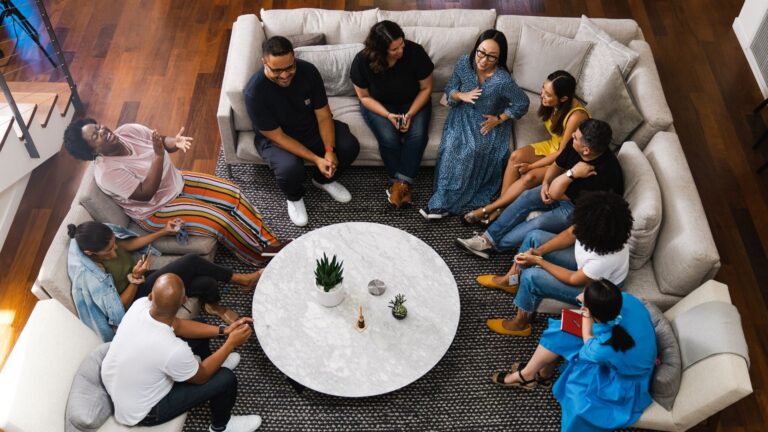Addiction doesn’t just affect your body—it impacts every part of your life. But here’s the good news: recovery is possible, and it doesn’t have to disrupt your daily routine. If you’re searching for IOP programs Columbus Ohio, you’re already on the right track.
Intensive Outpatient Programs (IOPs) offer a flexible, effective way to rebuild your life while maintaining your responsibilities. Whether you’re balancing work, school, or family, IOPs provide the support you need to heal—without putting your life on hold.
In this guide, we’ll walk you through everything you need to know about IOP programs in Columbus, Ohio. From what to expect to how to get started, this is your roadmap to finding the right program for your needs.

What Are IOP Programs?
Let’s start with the basics. IOP stands for Intensive Outpatient Program. It’s a type of addiction treatment that allows you to live at home while receiving structured care.
Here’s how it works:
- You attend therapy sessions several times a week.
- You participate in group counseling and individual therapy.
- You learn coping skills to manage triggers and cravings.
Unlike inpatient programs, IOPs give you the freedom to continue working, going to school, or caring for your family. It’s recovery on your terms.
Why Choose IOP Programs Columbus Ohio?
If you’re searching for IOP programs Columbus Ohio, you’re not alone. Here’s why so many people choose IOPs:
- Flexibility: IOPs fit into your schedule, not the other way around.
- Affordability: Outpatient programs are often more cost-effective than inpatient care.
- Community Support: You’ll connect with others who understand what you’re going through.
Programs like Addiction Recovery and Addiction Treatment offer IOP options tailored to your needs.

What to Expect in an IOP Program
If you’re new to IOPs, it’s natural to feel unsure. Here’s what you can expect:
1. Assessment
Your journey begins with a thorough evaluation. This helps your care team create a personalized treatment plan.
2. Therapy Sessions
IOPs include a mix of group and individual therapy. You’ll learn coping skills, address underlying issues, and build a support network.
3. Life Skills Training
Recovery isn’t just about staying sober—it’s about building a better life. IOPs teach you how to manage stress, communicate effectively, and set goals.
4. Aftercare Planning
Your IOP will help you create a plan for ongoing recovery, whether that’s through Sober Houses in Columbus Ohio or other support services.
Who Can Benefit from IOP Programs?
IOPs are a great option for many people, including:
- Those with mild to moderate addiction.
- People transitioning from inpatient care.
- Individuals who need flexibility due to work or family commitments.
If you’re not sure if an IOP is right for you, programs like Ridgeline Recovery can help you explore your options.
Real-Life Stories: Success with IOP Programs
Let’s look at some real-life examples of how IOPs have changed lives.
Mark’s Story
Mark was hesitant to seek help because he couldn’t take time off work. But when he discovered IOP programs Columbus Ohio, he realized he could recover without sacrificing his career. Today, he’s sober and thriving.
Sarah’s Journey
Sarah struggled with addiction for years. After completing an inpatient program, she transitioned to an IOP to continue her recovery. With the help of Halfway House Columbus Ohio, she built a strong foundation for long-term sobriety.
Frequently Asked Questions About IOP Programs
1. How long do IOP programs last?
Most IOPs last 8-12 weeks, but the length can vary depending on your needs.
2. Can I work while in an IOP?
Yes! One of the biggest benefits of IOPs is their flexibility. You can continue working or going to school while receiving treatment.
3. What if I need more support?
If you need additional help, programs like Why Do People Become Alcoholics can provide deeper insights into addiction and recovery.
Trivia: Did You Know?
Before we wrap up, here’s a fun fact: The first outpatient addiction treatment programs were introduced in the 1970s. Since then, they’ve helped millions of people recover without disrupting their daily lives.
Take the First Step Toward Recovery
If you’re searching for IOP programs Columbus Ohio, know that help is available. You don’t have to face addiction alone.
At Ridgeline Recovery, we’re here to support you every step of the way. From IOPs to aftercare, we provide the tools you need to reclaim your life.
Contact us today to learn more about our programs and how we can help you find hope and healing.








